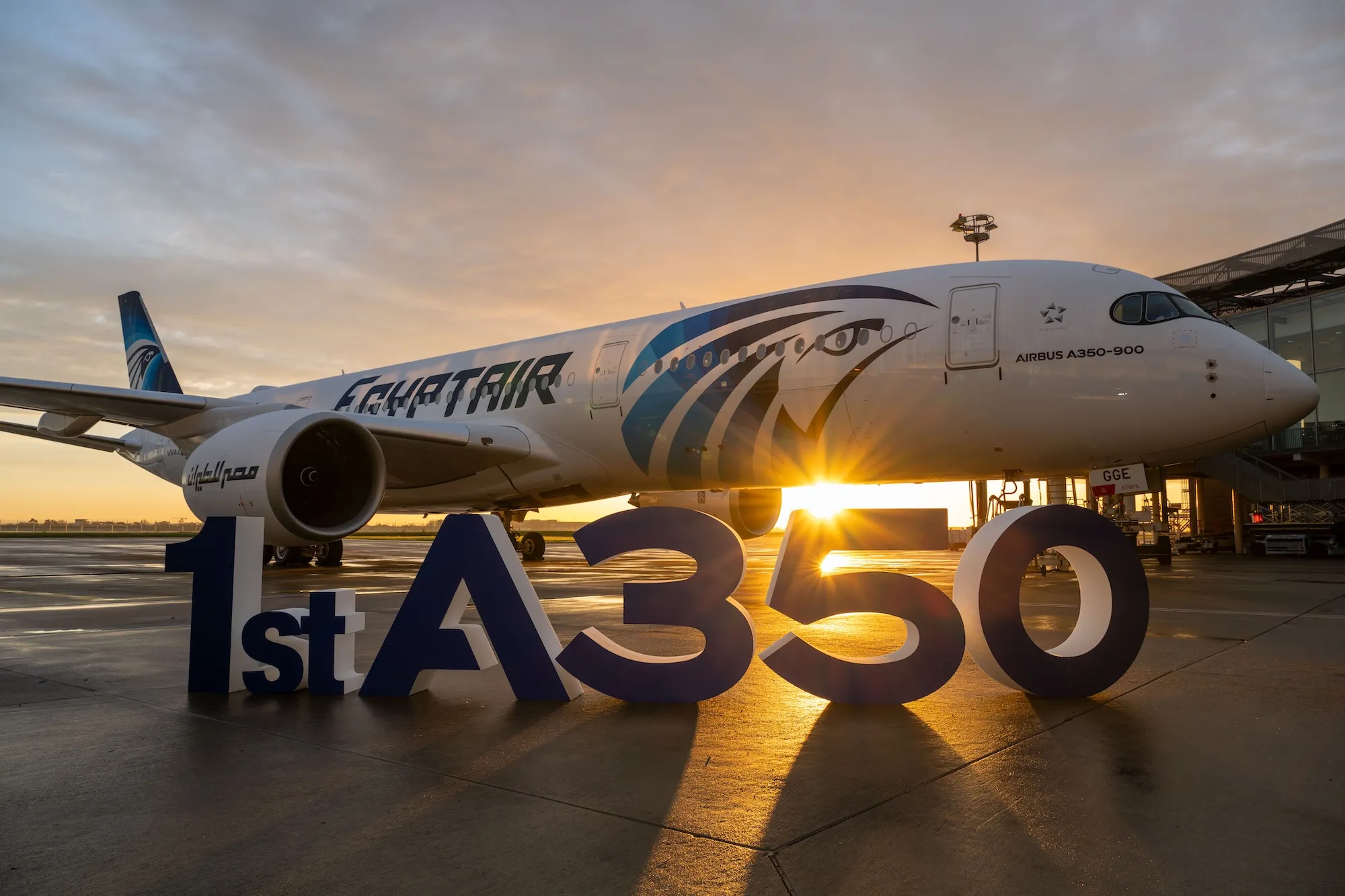DALLAS — Houston-based ultra-low-cost carrier Avelo Airlines (XP) recently made national headlines after agreeing to operate deportation flights for U.S. Immigration and Customs Enforcement (ICE).
This decision followed the closure of its base at Charles M. Schulz–Sonoma County Airport (STS in California, which had opened less than a year ago, and it also drew criticism regarding the airline's financial motivations and corporate responsibility.
Strategic Shift Raises Concerns
Avelo announced the closure of its STS base due to low demand and underperformance. At the same time, the airline is establishing a new crew base at Phoenix-Mesa Gateway Airport (AZA) to conduct deportation flights starting in May. Three 737-800s will support these flights, marking XP's rare foray into government charter operations, typically dominated by lower-profile carriers.
While the company hasn’t made contract details public, it has confirmed the controversy. CEO Andrew Levy stated that the decision was taken to “ensure operational stability,” given the company’s disappointing financial performance in Q1 this year.
Petition, Legal Spotlight
The response from the general public was immediate. Change.org petition to boycott XP in light of its work with ICE has amassed more than 32,000 signatures. Separately, the case of Kilmar Abrego Garcia, a Maryland resident without a criminal history who was removed to El Salvador, despite a 2019 ruling by a court that he couldn't be deported, is cited by activists as an example of how such operations can cause damage. Garcia is held at a maximum-security lockup facility, and the case is under appeal at the U.S. Supreme Court.
Avelo calls deportation flights a way to “profit off family separations,” as previous internal emails have also reported that they’re part of an internal strategy to offset losses at the airline, particularly losses at Tweed New Haven Airport (HVN) in Connecticut.
Political Pushback in Connecticut
Avelo’s operations in Connecticut have become a focal point for political retaliation. Currently, the airline benefits from a two-year jet fuel tax moratorium, which is set to expire on June 30. Concerns are growing among state lawmakers, particularly Democrats, about whether public subsidies should support a carrier involved in controversial immigration enforcement practices.
New Haven Mayor Justin Elicker denounced XP’s decision as “deeply disappointing.” Attorney General William Tong sent a formal letter requesting clarity about the ICE contract and the treatment of detainees. Republicans in the state, however, say the criticisms are an example of government overreach into private enterprise.
Yet as XP progresses and adjusts, the political and reputational fallout of its ICE pact remains uncertain as the airline seeks a stable financial footing in an increasingly volatile environment for low-cost carriers.
Stay connected at every stop along your journey! Get any Saily mobile data plan at 5% off with the code AIRWAYSMAG5 + up to 5GB free!


.jpg)



.webp)





.webp)